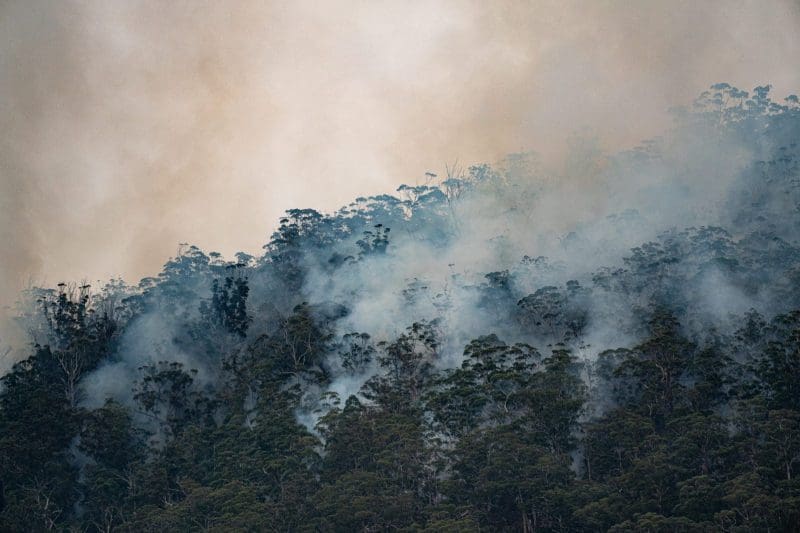In April 2020, AAHMS submitted a response to a consultation from the Senate Finance and Public Administration Committee on the lessons learnt from the bushfire season 2019/20.
Key messages:
- Impacts on health are wide-ranging and potentially long-term. Exposure to heat, smoke and other contaminants can impact directly on health through the respiratory system, eyes and skin, and fine
particles can enter the bloodstream causing further risks. Mental health can be seriously affected in multiple ways, especially for first responders and individuals directly affected by fires. Indirect implications may arise through contamination of waterways and food systems. - Australia will need to better understand the short-, medium- and long-term impacts on health if we are to mitigate, adapt and support those affected in future, particularly given that such
events are expected to become more common. There are gaps in our knowledge of impacts on first responders and affected communities, as well as the wider population, especially when the response or threat of fire is so prolonged. - There is an opportunity now to undertake research to fill these knowledge gaps – we must take it. Funding calls from organisations such as the National Health and Medical Research Council and Medical Research Future Fund are welcome, but will need to be supplemented by further work. We know from previous incidents, such as the Black Saturday fires and the Hazelwood mine fire, that the health impacts – both physical and mental – extend far beyond the duration of the fires.
- Targeted advice and plans are needed for vulnerable population groups. Targeted interventions and early warnings are needed to prevent impacts such as respiratory problems and heat stress in vulnerable populations groups, including infants, children, the elderly, individuals with pre-existing conditions, pregnant women and Aboriginal and Torres Straits Island Peoples and communities. Emergency situations can also exacerbate health inequalities.
- Clear public health advice is needed and will rely on evidence. There was insufficient health advice available to the public in relation to bushfires this season, in some cases because the evidence does
not exist and in others, because it has not been collated and synthesised. - Future health system needs must be assessed, including long-term modelling of costs.
The submission can be downloaded in full below.

